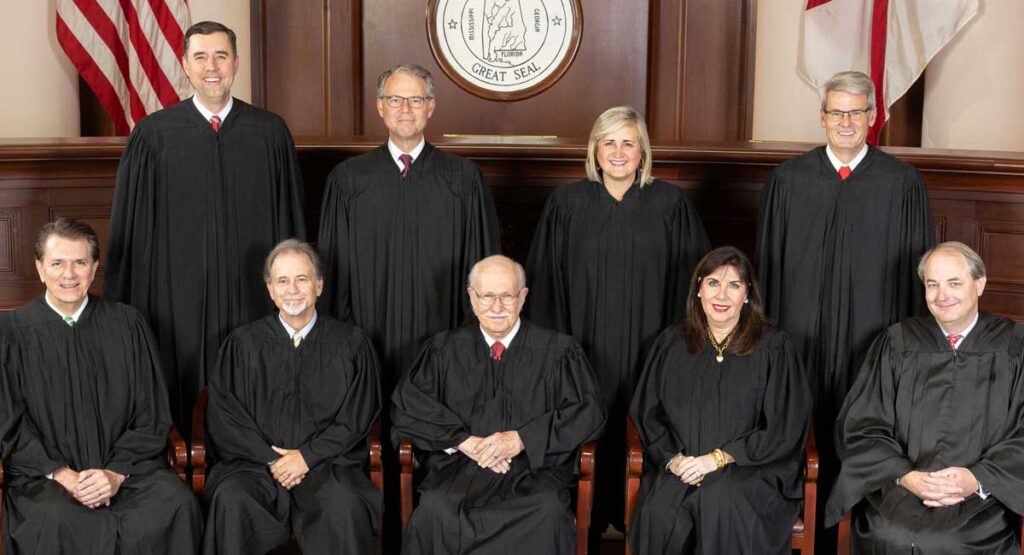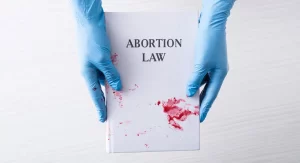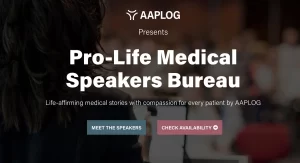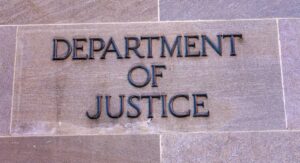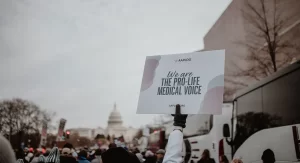On February 16, the Alabama State Supreme Court ruled that human embryos created via IVF are children protected by the state’s Wrongful Death of a Minor Act. This ruling overturned a lower court ruling on a pair of wrongful-death lawsuits against the Center for Reproductive Medicine, a fertility clinic. In these lawsuits, three couples who were clients at this clinic sought punitive damages after their frozen embryos were destroyed in an accident. According to the lawsuit, another client had gained access to the clinic’s cryogenic nursery and attempted to remove several embryos but dropped those that belonged to the plaintiffs, resulting in those embryos’ death. The plaintiffs sued the clinic under the Alabama’s Wrongful Death of a Minor Act, which allows parents to obtain punitive damages for the death of their minor child if it was the result of “the wrongful act, omission, or negligence of any person, persons, or corporation.”
According to the ruling, the defendants and plaintiffs both agreed that the Wrongful Death of a Minor Act protects preborn children; rather, the main point of disagreement that the Court considered was “whether there exists an unwritten exception to that rule for unborn children who are not physically located ‘in utero’ — that is, inside a biological uterus — at the time they are killed.” The Court rejected the defendants’ arguments that these embryos’ never having been in a uterus disqualifies them from protection under this law, stating, “unborn children are ‘children’ under the Act, without exception based on developmental stage, physical location, or any other ancillary characteristics.”
It is notable that the Court’s decision makes several references to the scientific fact that a unique human life is created at fertilization. Here is one excerpt:
All parties to these cases, like all members of this Court, agree that an unborn child is a genetically unique human being whose life begins at fertilization and ends at death. The parties further agree that an unborn child usually qualifies as a “human life,” “human being,” or “person,” as those words are used in ordinary conversation and in the text of Alabama’s wrongful-death statutes. That is true, as everyone acknowledges, throughout all stages of an unborn child’s development, regardless of viability.
-Alabama Supreme Court
It is encouraging to see a state supreme court acknowledge the scientific facts of human development and uphold the dignity of all human beings – regardless of age or level of development.
